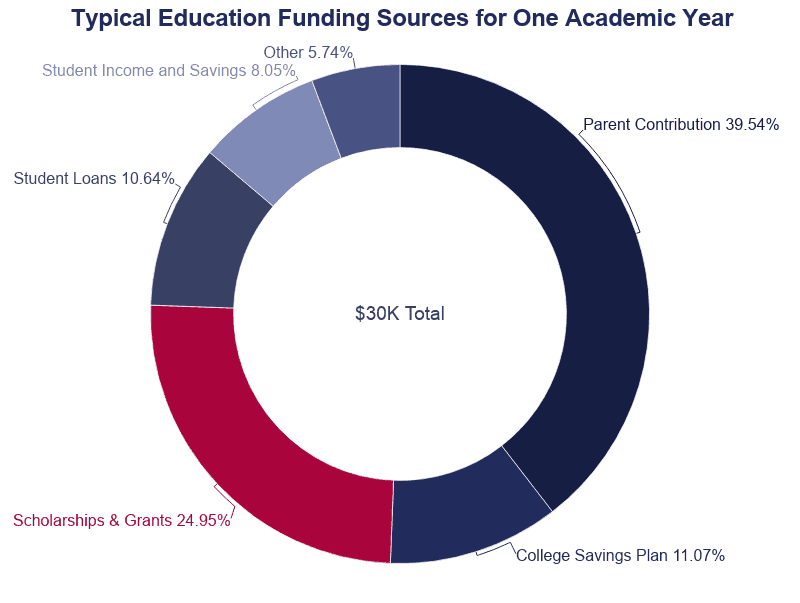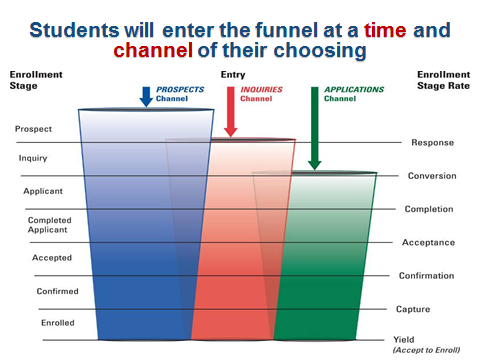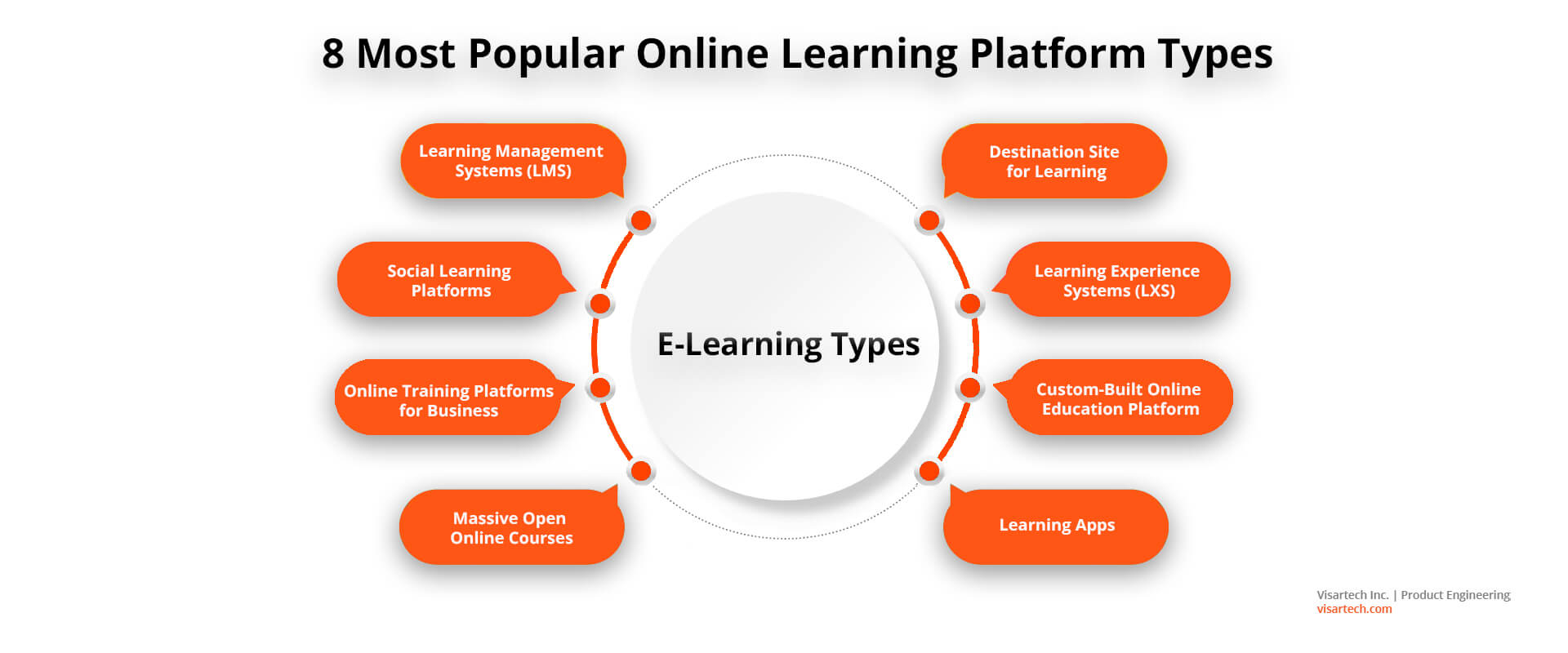Early childhood education (ECE) has been gaining widespread recognition as a critical component in a child’s overall educational journey. A quality early education program can significantly impact a child’s cognitive, social, and emotional development, setting the foundation for their future learning and success. In this blog post, we’ll explore the benefits of ECE, delve into the various forms of ECE, and provide insight into how parents and educators can unlock the full benefits of early childhood education.
Why Early Childhood Education Matters
Studies have shown that high-quality early childhood education can have long-lasting effects on a child’s development. Early education can significantly stimulate a child’s cognitive development, enhance their problem-solving abilities, and foster creativity and imagination. Additionally, early education can help develop and hone essential social-emotional skills such as language development, self-regulation, and empathy. Furthermore, ECE programs have been shown to reduce the achievement gap between high and low-income students, giving every child an equal opportunity to excel.
Forms of Early Childhood Education
There are different forms of early childhood education programs, including preschools, early care and education centers, and home-based child care services. Preschools are licensed educational facilities that provide structured learning programs to children aged three to five years. Early care and education centers offer comprehensive child care services, usually available for children aged six weeks to five years. Home-based child care services provide care for children in a home setting, with care providers available privately or through a licensed agency.
Unlocking the Benefits of Early Childhood Education
Parents and educators have a crucial role in unlocking the full benefits of early childhood education. Here are some ways to ensure that children get the most out of their early education experience:
1. Choose high-quality programs: Look for ECE programs that have highly qualified and trained staff, set appropriate child-staff ratios, and provide a stimulating and safe learning environment.
2. Encourage parental involvement: Parental involvement is crucial in ensuring children receive consistent support at home and in the classroom. Volunteer in your child’s classroom or attend parent-teacher conferences to stay up-to-date on their progress.
3. Create a partnership with educators: Partnering with educators can help provide a comprehensive understanding of your child’s strengths and weaknesses. This way, you can adjust your approach at home to support their development further.
4. Focus on holistic development: It’s essential to provide children with well-rounded early education that emphasizes cognitive, social, emotional, and physical development. Engage children in activities that stimulate their curiosity and creativity while promoting problem-solving skills.
The Bottom Line
Investing in high-quality early childhood education programs can deliver substantial benefits, including improved cognitive, social, and emotional development. Parents and educators must work together to provide children with a nurturing and stimulating environment that supports the development of critical skills, setting them up for long-term success. By unlocking the benefits of early childhood education, we can create a brighter future for our children and our communities.











